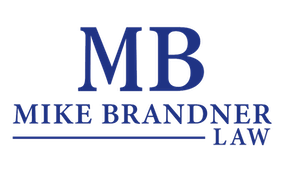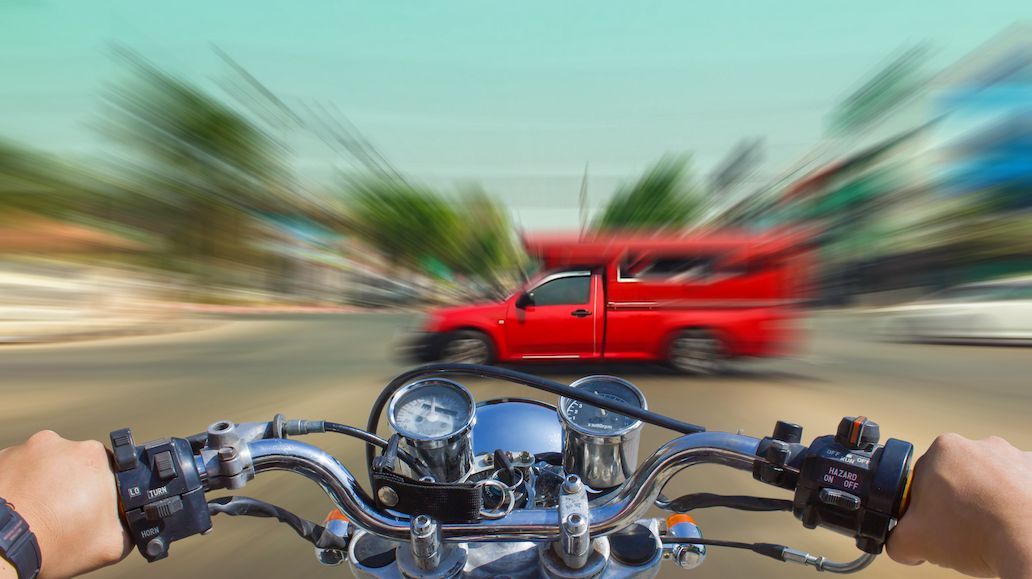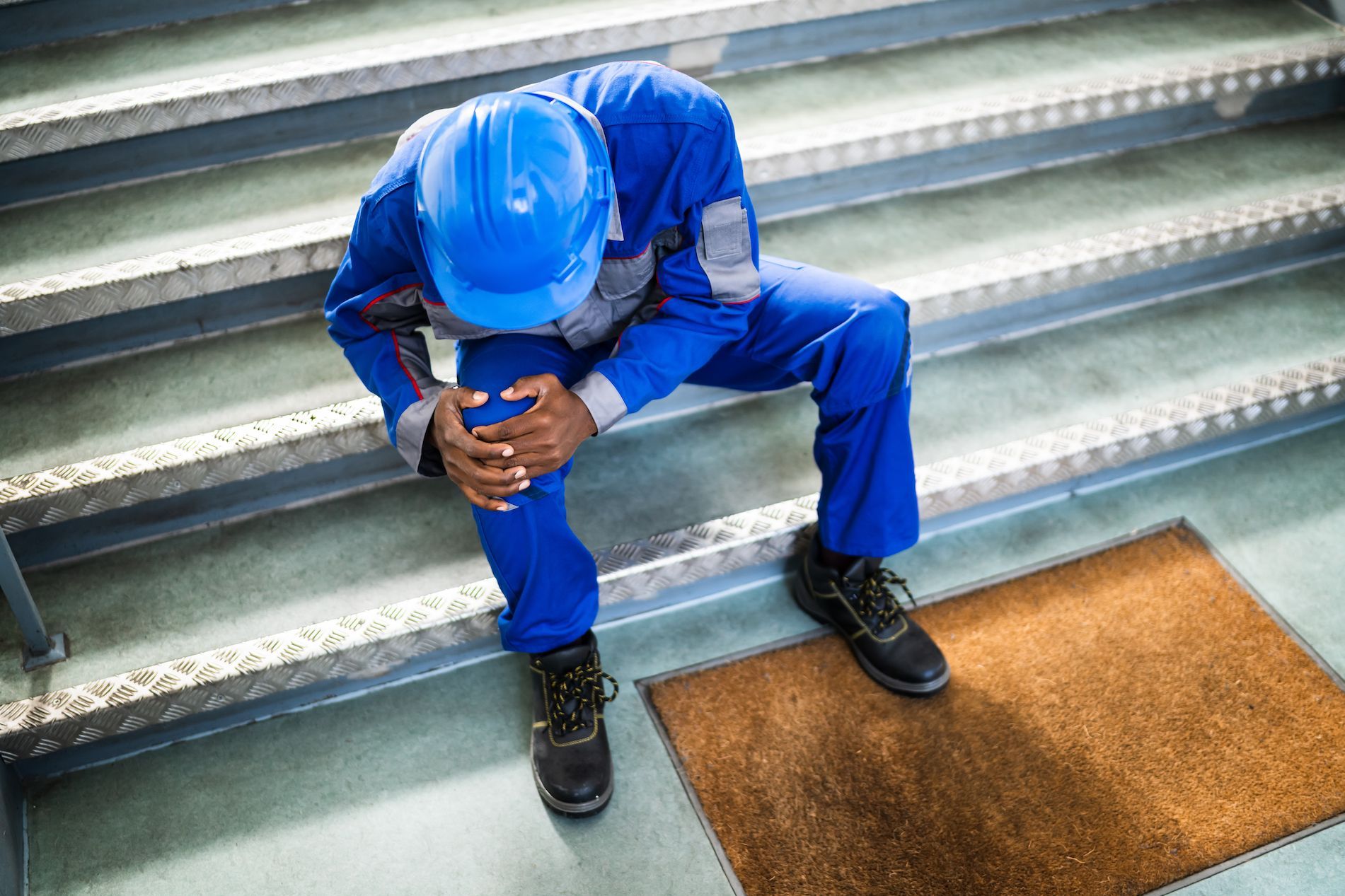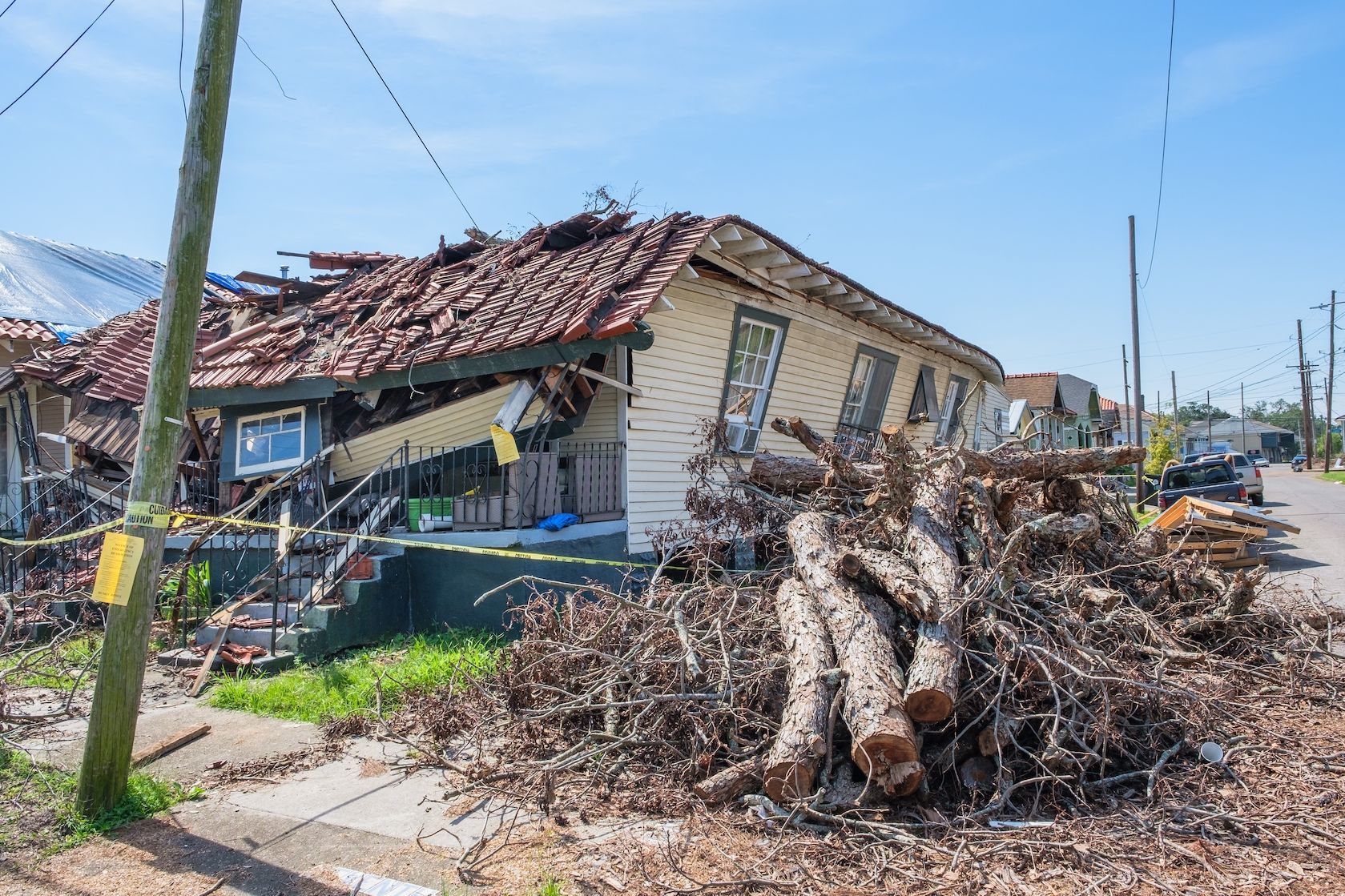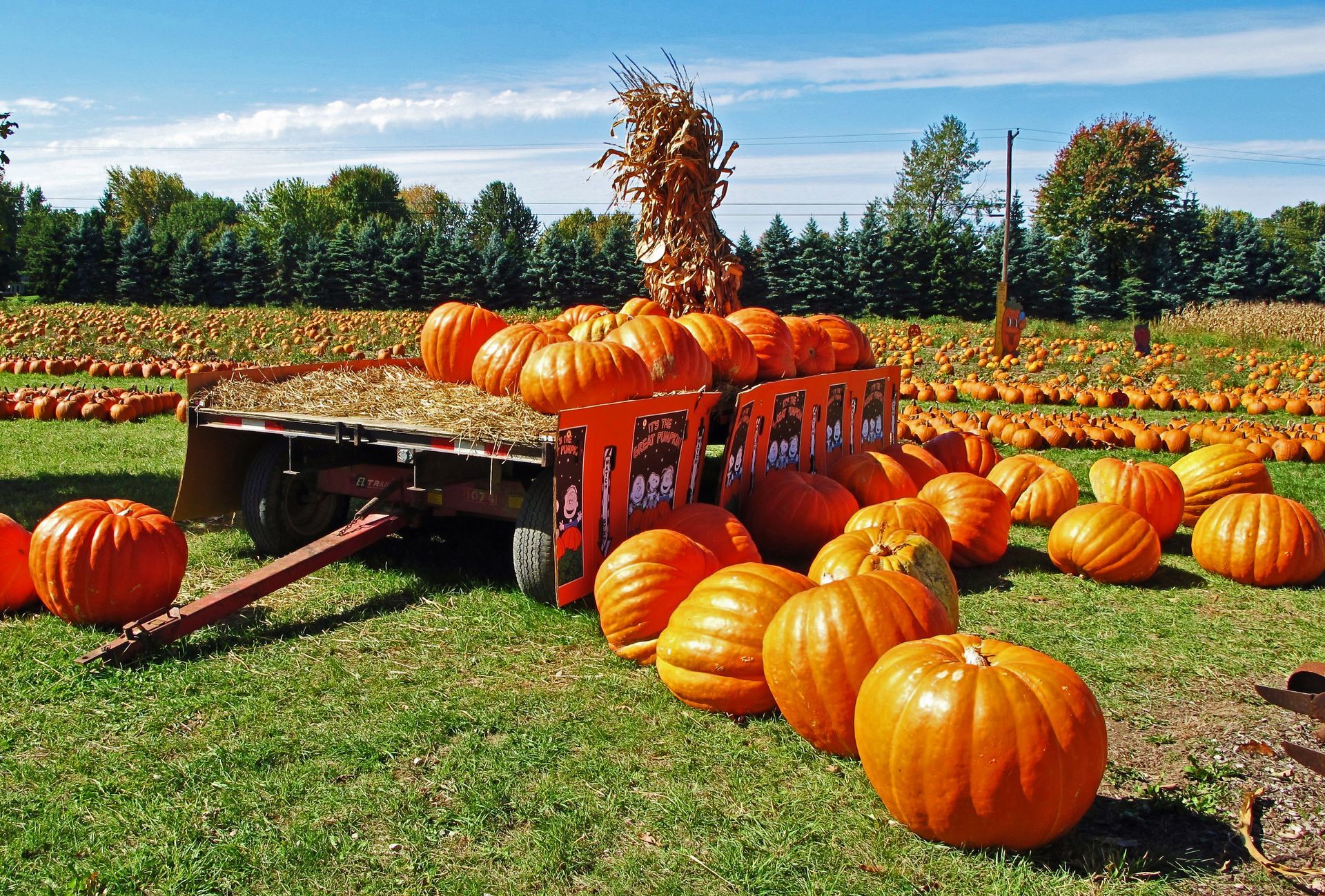Another Boat Crashed into Me: Can a Louisiana Maritime Lawyer Help?
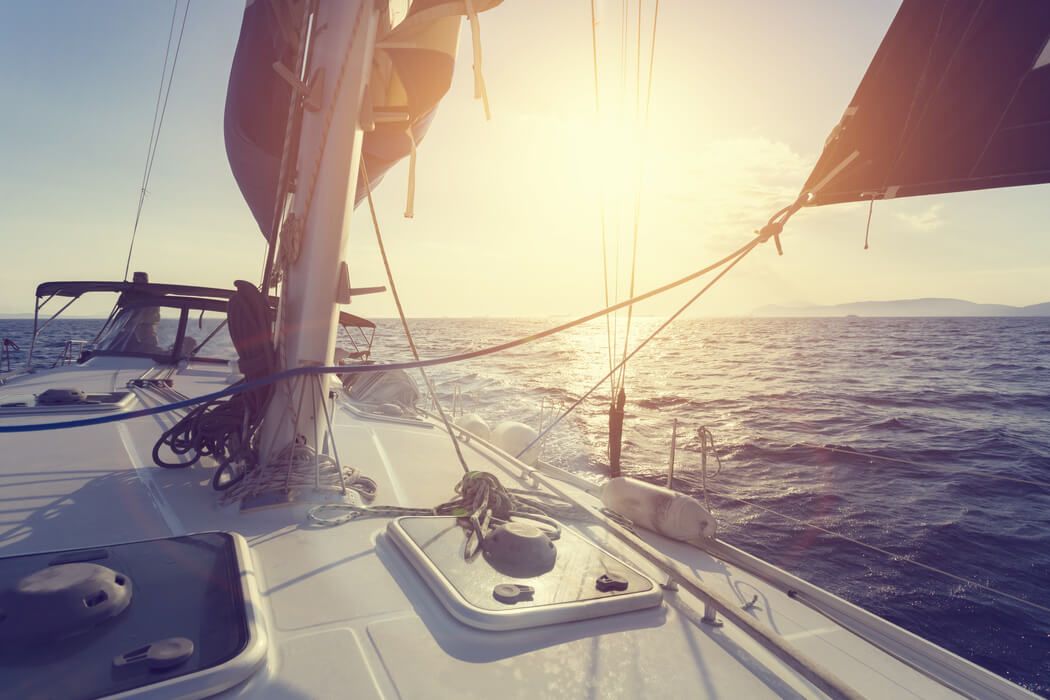
There are rules of the water for vessels just as there are rules of the road for automobiles. Unfortunately, plenty of boaters drink copious amounts of alcohol and/or use drugs while on the water. Some boaters are simply reckless thrill-seekers with no regard for the rule of law or the well-being of others. You are just as vulnerable to a painful or even deadly accident while boating as you are when driving an automobile. If you are hurt in any way and suspect fault lies with another person or institution, consult with our Louisiana maritime lawyer.
Reckless Boating
The reckless operation of a vessel is no small matter. There is no excuse for operating a boat while intoxicated. Furthermore, operating a vessel in an unsafe manner is a danger to the boating public as well as the vessel operator himself. Those who operate marine vessels in a reckless manner can face charges for criminal negligence. Examples of reckless boating include:
- Weaving a vessel between other boats.
- Boating in an area restricted for swimming or other activities.
- Chasing, disturbing, or harassing wildlife with the vessel.
- Traveling toward another boat or person and swerving away just before contact.
- Operating a boat while intoxicated with a blood alcohol content equal to or greater than .08%.
Reckless Boating Vs. Careless Operation
Reckless boating is distinct from the careless operation of a vessel. Carelessly operating a vessel means the failure to operate it in a manner that provides the adequate amount of care for others as well as oneself. A vessel operator who endangers another person or private property may face charges of careless operation. Even operating a vessel in a manner that causes its wake, the recirculating water flow behind the vessel, to endanger or damage another person or property qualifies as careless operation. Operating a vessel at a speed that has the potential to cause injury, damage, or danger is also careless operation.
Liability for Boating Accidents
Vessel owners are responsible for damage and injury caused by careless operation. Negligence defined under maritime law means the failure to provide due care for other people and vessels. A vessel owner who knowingly lets others operate his or her vessel can also be found negligent. This is if that individual causes any sort of injury or damage while using the vessel. Allowing an immediate family member to operate the vessel can also incur liability. As such, this falls under the assumption that the vessel owner has provided consent.
The irresponsible operation of a vessel can lead to criminal charges. Those who operate a vessel while intoxicated face the exact same penalties as those who operate an automobile while intoxicated. The penalty for intoxicated boating differs according to the idiosyncrasies of each case. If found guilty of intoxicated boating, a penalization may include a license suspension. Others permanently lose their right to operate a vessel.
Injured in a Boating, Automobile or Other Accident? Contact Our Louisiana Maritime Lawyer Today
You should not have to pay for lost earning capacity, lost wages, boat damage, medical expenses, or pain caused by another’s negligence. Our Louisiana maritime lawyer is here to help you emerge from this unfortunate event with the financial compensation you deserve.
Give Mike Brandner Injury Attorneys a call to schedule a free consultation. You will not pay a penny unless we obtain a favorable verdict or settlement on your behalf. Our office hours are 8:00 a.m. – 5:00 p.m. Yet, we will gladly take your call 24 hours a day, 7 days a week. You can also reach us, any time, through our website’s convenient LiveChat feature.
Recent Posts
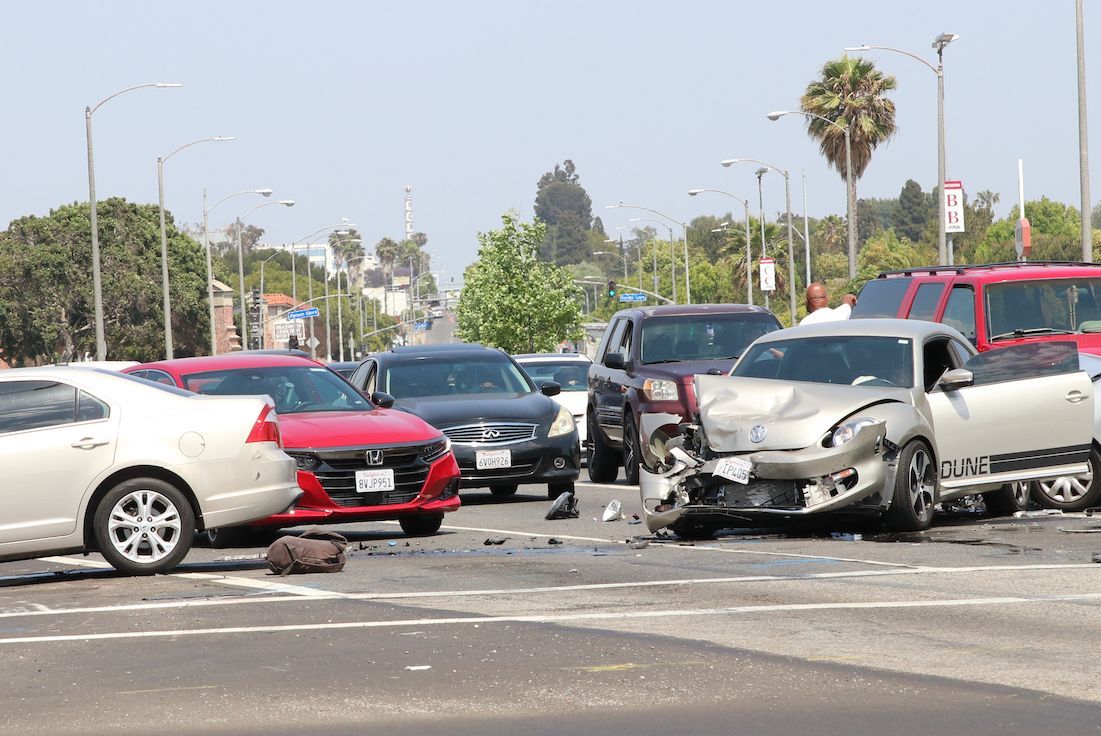
QUICK LINKS
LOCATIONS
Metairie
3621 Veterans Memorial Blvd
Metairie, LA 70002
(504) 345-1111
Hammond
117 E. Thomas St.
Hammond, LA 70401
(985) 345-1111
All Rights Reserved | Mike Brandner Injury Attorneys | Built by REV77
